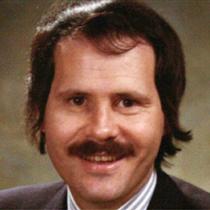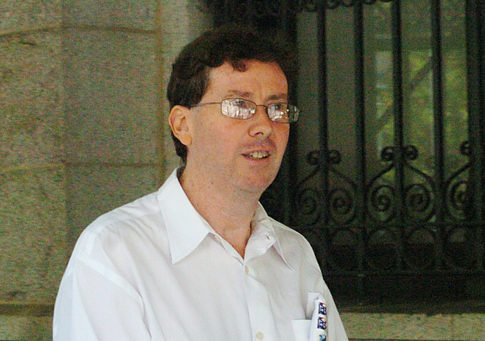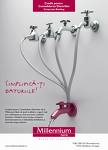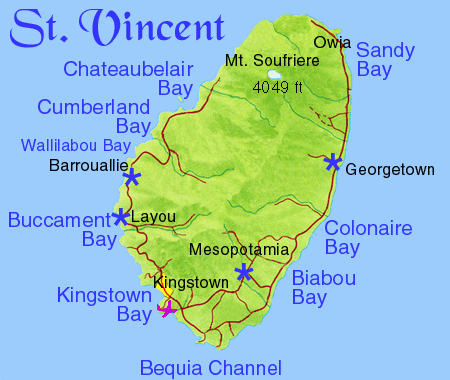A closer look at the Millennium Bank Ponzi Scheme: Boston trial lawyer, the attorney, takes a look at the facts involving Caribbean based Millenium Bank, which operated out of offices in Napa, California until closed by the SEC in March, 2009.
 William J. Wise had a problem. In late 2003, his fledgling bank in tiny St. Vincent and Grenadines (SVG) was not generating sufficient income from investor deposits to support either the bank’s overhead or his own extravagant personal lifestyle. The island’s banking regulators had moved to suspend Millennium’s license to operate, and Wise was scrambling.
William J. Wise had a problem. In late 2003, his fledgling bank in tiny St. Vincent and Grenadines (SVG) was not generating sufficient income from investor deposits to support either the bank’s overhead or his own extravagant personal lifestyle. The island’s banking regulators had moved to suspend Millennium’s license to operate, and Wise was scrambling.
After filing an appeal of the bank’s suspension order, Wise appears to have struck a deal with the SVG banking authority, which gave the bank new life. The bank would re-capitalize and an outside controller would be put in place to oversee the Millennium’s operations. Many believe that the SVG banking authority made the deal only after Mr. Wise had made donations, some of it cash, to select members of the ruling party on the island.
 At this point Wise needed a new strategy. And indeed it appears he came up with a new “business plan”. SVG would remain the titular base of the bank’s operations, but banking activity, and in particular the movement of money would go elsewhere, avoiding the watchful eye of the controller and the SVG authorities. Wise would move operations to Napa, California, and create fictitious Limited Liability Companies (LLC’s) in Las Vegas, Nevada, based loosely on Millennium’s purported Swiss parent, United Trust of Switzerland, in order to open bank accounts there.
At this point Wise needed a new strategy. And indeed it appears he came up with a new “business plan”. SVG would remain the titular base of the bank’s operations, but banking activity, and in particular the movement of money would go elsewhere, avoiding the watchful eye of the controller and the SVG authorities. Wise would move operations to Napa, California, and create fictitious Limited Liability Companies (LLC’s) in Las Vegas, Nevada, based loosely on Millennium’s purported Swiss parent, United Trust of Switzerland, in order to open bank accounts there.
To promote new business, he would combine an aggressive internet and print advertising campaign with an irresistible banking product, “safe” high interest Certificates of Deposit (“CDs”), which no American bank could match or even approach.
The Millennium line of CD products could easily be found on a newly created interactive website, whose sponsored links began to regularly and prominently appear on popular search engines such as Google and Yahoo. Potential customers would type in keywords seeking “high interest CDs”, and Millennium’s three line ad would appear with a link to the bank website.
Toll free numbers were provided on the Website, which directed calls to the Napa offices, and apparently the calls started coming in. Reluctant callers were referred to several U.S. based Milllennium Bank representatives, whose job was to reassure these potential investors and close new business, earning commissions on the gross amount of the monies deposited. These “finders” were authorized and instructed to develop personal relationships with clients, often traveling to have face to face meetings. Customers were assured that their money was safe, as the representatives advertised that they too were investors.
Continue reading
 complaint, the main perpetrators were Ariel Quiros of Miami, and William Stenger of Newport, Vt., who raised in excess of $350 million from foreign investors on promises of green cards and returns on their invested monies. The money was to be used to construct ski resort facilities and a bio-medical research facility in Vermont.
complaint, the main perpetrators were Ariel Quiros of Miami, and William Stenger of Newport, Vt., who raised in excess of $350 million from foreign investors on promises of green cards and returns on their invested monies. The money was to be used to construct ski resort facilities and a bio-medical research facility in Vermont. Boston Accident and Injury Lawyer
Boston Accident and Injury Lawyer












 In essence, the suits allege that these hedge funds failed to perform any meaningful investigation, due diligence or oversight of the Madoff fund, which reported consistent double digit gains year after year, notwithstanding questions about the trading strategies allegedly employed or the fact that Madoff enforced a veil of secrecy over his actual trading activity. In fact, it appears that there was no such strategy whatsoever.
In essence, the suits allege that these hedge funds failed to perform any meaningful investigation, due diligence or oversight of the Madoff fund, which reported consistent double digit gains year after year, notwithstanding questions about the trading strategies allegedly employed or the fact that Madoff enforced a veil of secrecy over his actual trading activity. In fact, it appears that there was no such strategy whatsoever. 